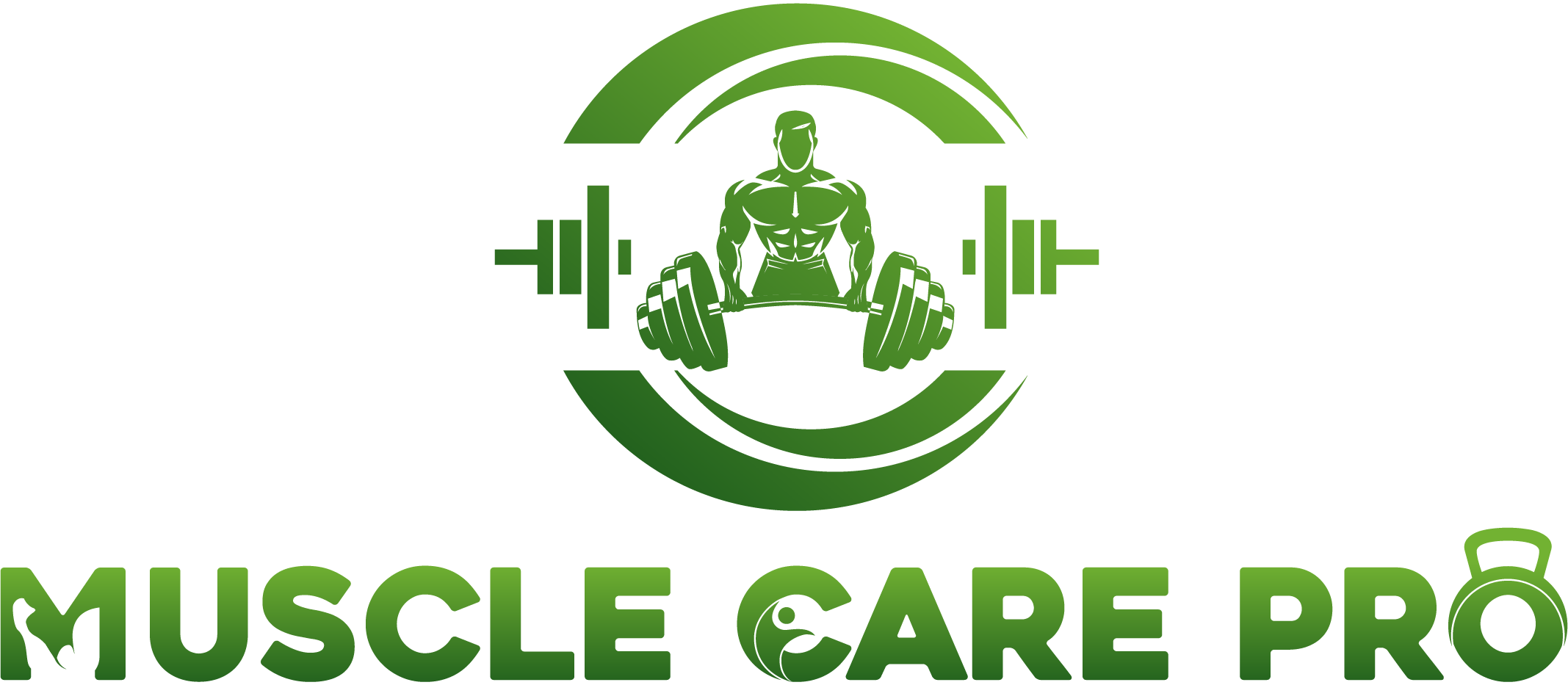An injury of the intercostal muscles due to overstretching or tearing is known as an intercostal muscle strain. A strain can occur from excessive physical activity, quick movement, or even strong coughing fits. Commonly experienced symptoms include sudden and intense pain, shortness of breath, and localized inflammation of the chest.
Resting adequately is very important to allow your body to heal and its help us to sleep with intercostal muscle strain . It allows for the repair of the muscle fibers as well as decreases pain in case of injuries. Furthermore, sleep with intercostal muscle strain sufficient enhances the power of the body’s defense against infections besides improving one’s general well-being. Sleeping well can aid in faster recovery from an illness or injury.
This article strives to provide solace to those suffering from an intercostal muscle strain and also help you sleep with intercostal muscle strain .especially when it comes to sleeping. It includes suggestions for easing pain and making the sleep setting conducive. The aim is to aid in recovery by enlightening the readers on how beneficial quality sleep can be. They will find ways to mitigate the discomfort and sleep better while healing.
Understanding Intercostal Muscle Strain
Intercostal muscle strain happens when the muscles that span in between each rib are either overstretched or torn. This type of injury could happen within uno actions, lifting heavy objects or even coughing or making sudden movements. Pain, tenderness and difficulty in breathing are common complaints.
The strain may render simple activities in the day to day uncomfortable, more so if there is a need to bend or reach out. Learning the implications of the injury on the human body is important for effective healing. Identifying the symptoms aids in getting the appropriate treatment that helps with controlling pain.
Preparing for Sleep With Intercostal Muscle Strain
Certainly! Preparing a room for sleep is a very healing process. For starters, purchase a suitable mattress and a pillow that keeps the spine in alignment. After that, dim lights and keep the room temperature very low in a bid to facilitate easing into sleep. Loud noises also make it difficult to fall asleep as well as to remain asleep for a long period of time without interruption. Such actions, among others, help in enhancing the quality of sleep with intercostal muscle strain.
The way one positions their body in a sense also aids in comfort. One’s side and knees slightly bent with a pillow wedged between them can ease pressure on the ribs. Alternatively, one would also consider lying on the back with the knees supported by pillows. Stretching the body few minutes before going to bed can also relieve the tensed muscles. All those additions may look trivial but they can affect the way you sleep in a significant way.
Pain Management Strategies
Non-prescription Pain Management Alternatives
Over-the-counter painkillers like ibuprofen and paracetamol are effective in managing pain. These medicines can be found easily and are usually effective for treating mild to moderate levels of painful situations.
The Use of Heat or Cold Depending on the Condition
The use of a cold pack may help ease inflammation and relieve sharp pain. Heat therapy such as a warm cloth may be effective in easing muscle tension and enhancing blood circulation.
The Need to Seek Medical Attention When There is a Need
It is vital to see a doctor to be appropriately evaluated and treated. They may give recommendations on the most effective pain management options available for your condition.
Alternative Sleep Aids
During the course of recovery, the use of alternative sleep medications may serve to improve the quality of sleep experienced. Melatonin supplements are one variant of OTC drugs for sleep management that has grown rather popular among individuals trying to manage their sleeping cycles..
Aromatherapy focusing on the lavender aroma is another method of treatment that provides a soothing effect to the patients undergoing it. People suffering from insomnia can also benefit from practicing mindfulness and meditation. S uch techniques are useful in easing tension and calming the brain before sleep. These alternatives can be complemented to bring about better sleep and even speed up your recovery.
Medical Attention
Prolonged Discomfort
A healthcare provider should be called when the pain persists for more than a couple of days or out of the blue starts getting worse.
Coughing or Breathing Challenges
Breathlessness or a severe increase in shortness of breath should compel a visit to a physician.
Extreme Pain Relief Techniques
In the case of extreme chest pain accompanied by swelling and a contusion inside the chest, where the ribcage is located, medical care should be sought immediately.
Difficulty in Perform Activities of Daily Living
If you are finding it very difficult to move or carry out daily chores, then you need to pay a visit to a medical center.
Warning Signs
Observe symptoms such as a fever, hemoptysis, chest pain, because they can all signify a more serious illness.
Conclusion
Getting a good night’s sleep with an intercostal muscle strain can be difficult but is important for healing. Pain can be relieved and rest is can be enhanced by building a good sleep environment and selecting an appropriate sleeping position. Pain The use of relief techniques and alternative methods for sleeping will also help in the improvement of sleep quality.
This is because you have to respect your body and its limits and make changes where appropriate. However, in case the pain is severe or increases, it is important to see a doctor for help. It’s a good idea to value and promote sleep because that is what will speed up recovery and allow you to return to your normal life as fast as possible.











